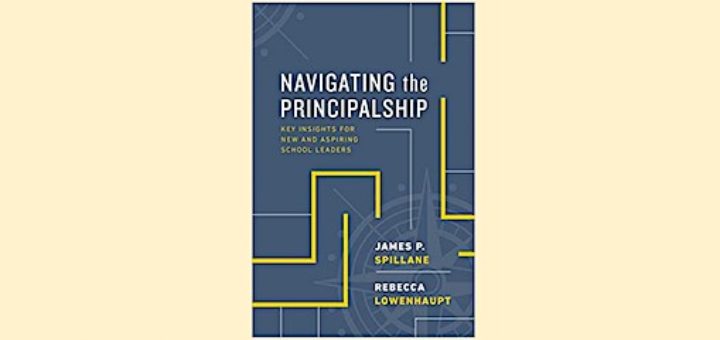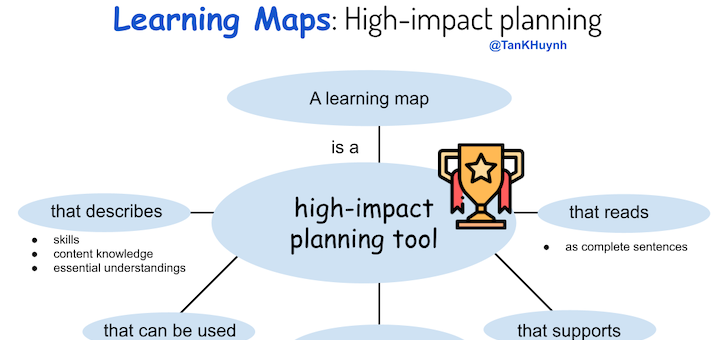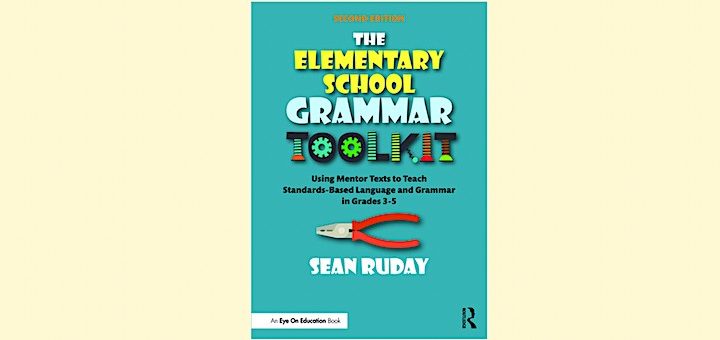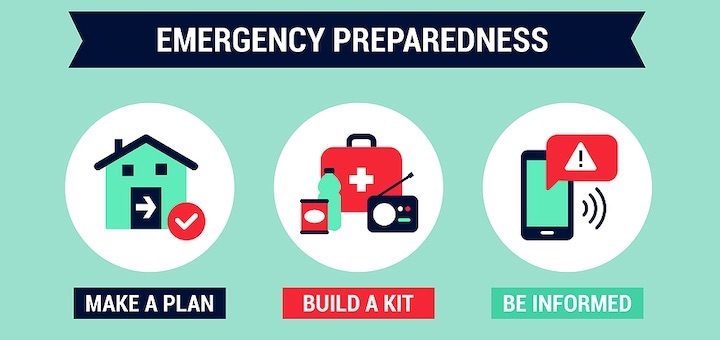Teaching and learning in grades 4-8
The 2016 Gallup Poll of Students asked nearly a million tweens and teens in grades 5-12 about engagement in learning. The results were not encouraging, writes author Patti Drapeau. Teachers need to move beyond the “what” of engagement to focus on the “why.”
Students need to explore critical questions about topics relevant to their lives, writes Kasey Short. In the past she’s organized debates, but hybrid teaching prompted her to try ‘elevator pitches.’ Kids enjoyed researching issues, doing bias checks and creating short videos.
Navigating the Principalship offers real insight into a principal’s work, spending equal time on the rewards and challenges of the job. Teacher leader and aspiring principal Michael DiClemente says new and soon-to-be school leaders will benefit from the book’s many profiles.
Whether you’re online, hybrid, or wholly in person – teaching solo or co-teaching – the Community of Inquiry “three presences” framework creates the supportive structure you and your students need to stay focused on learning, writes instructional coach and NBCT Elizabeth Stein.
Incorporating quick-to-prepare, visually appealing learning maps in your unit planning simplifies the process while increasing its effectiveness. In addition learning maps naturally guide co-planning between content teachers and language specialists, writes Tan Huynh.
2020 has been traumatic for students. A global pandemic, social unrest, and economic hardship have all impacted their well-being. For adolescents, writes school counselor Stephanie Filio, there is also no reprieve from the emotional clutter of growing up. Here’s her advice.
Using homemade surveys can help you become a better teacher and leader. They can boost our understanding of student, parent and staff perspectives on issues that impact teaching and learning. Principal and NBCT Rita Platt shares ways she uses them – with tips and resources.
In The Elementary School Grammar Toolkit Sean Ruday shows how to use mentor texts as a tool to help kids connect with engaging material as they learn proper writing conventions. Teacher Kathie Palmieri says the book will enrich writing in the intermediate grades and beyond.
Literacy specialist Sunday Cummins shares her “explode to explain” technique, using a Newsela story about shark-spotting aerial drones along the beaches of Australia. It’s one more tool to help students develop a skill set for understanding and retaining informational text.
As kids around the world face natural disasters and a pandemic, teachers can help them develop a sense of agency as they develop specific STEM skills by exploring a local or global engineering challenge. Anne Jolly has ideas and resources, including a viable Covid mask.











































